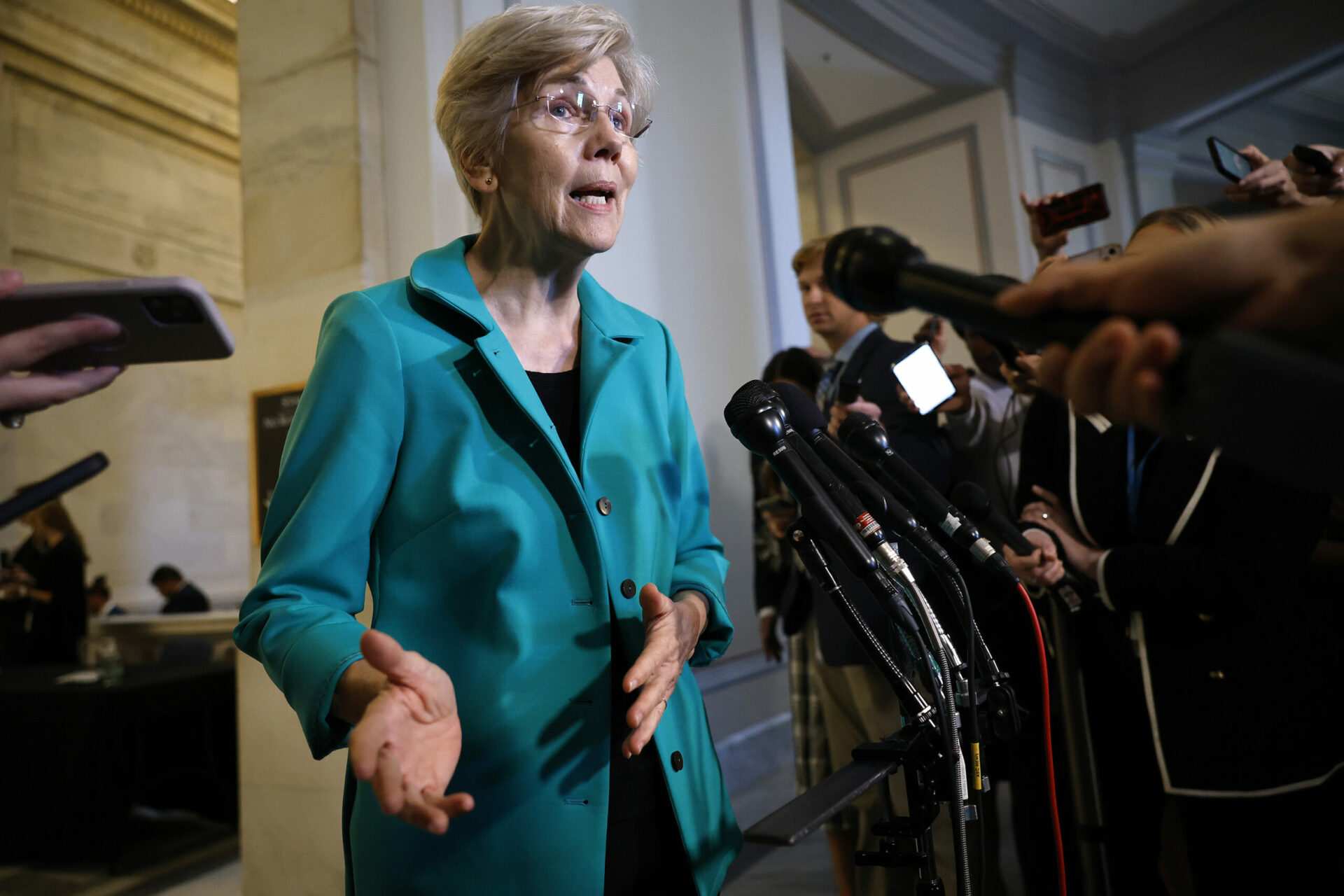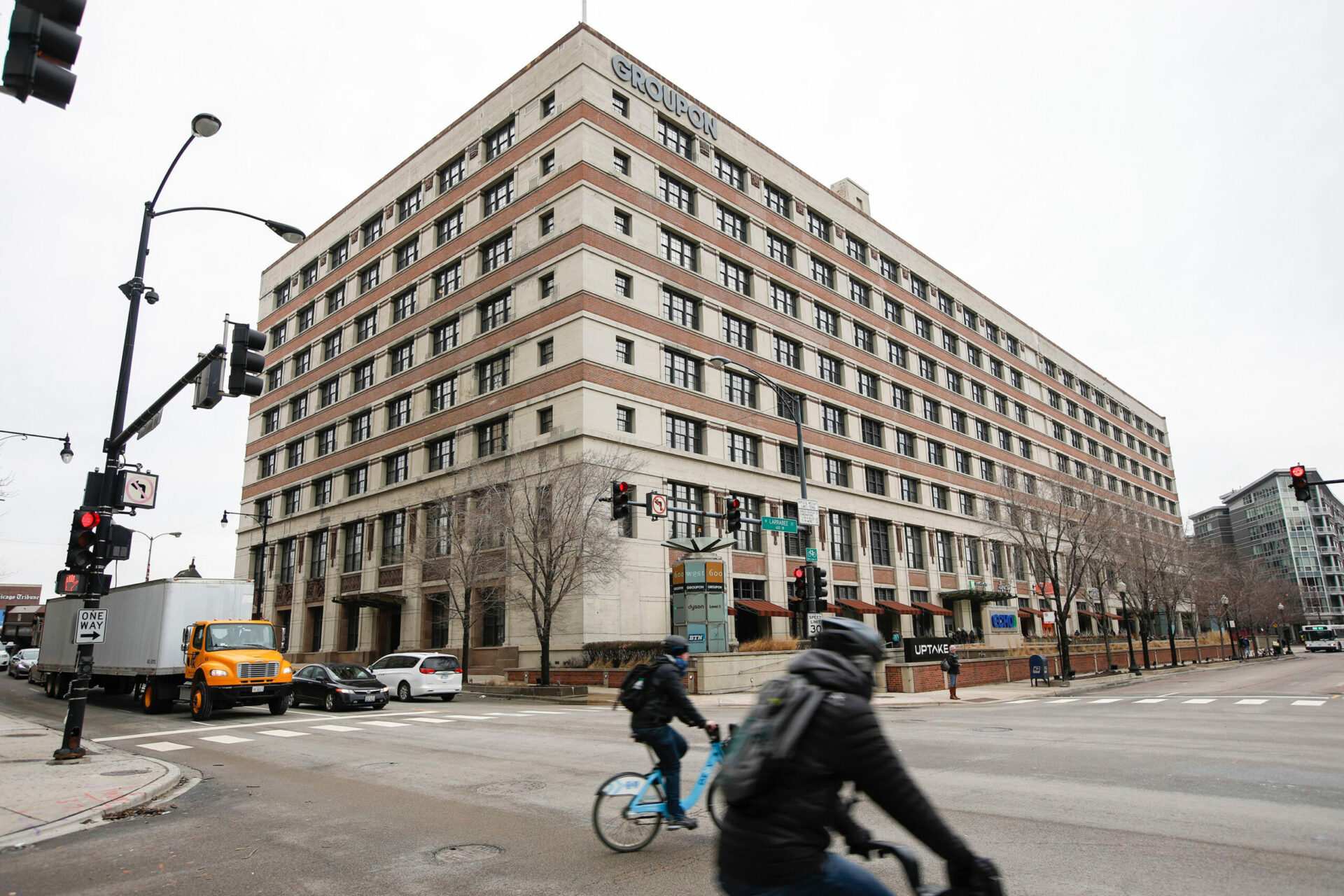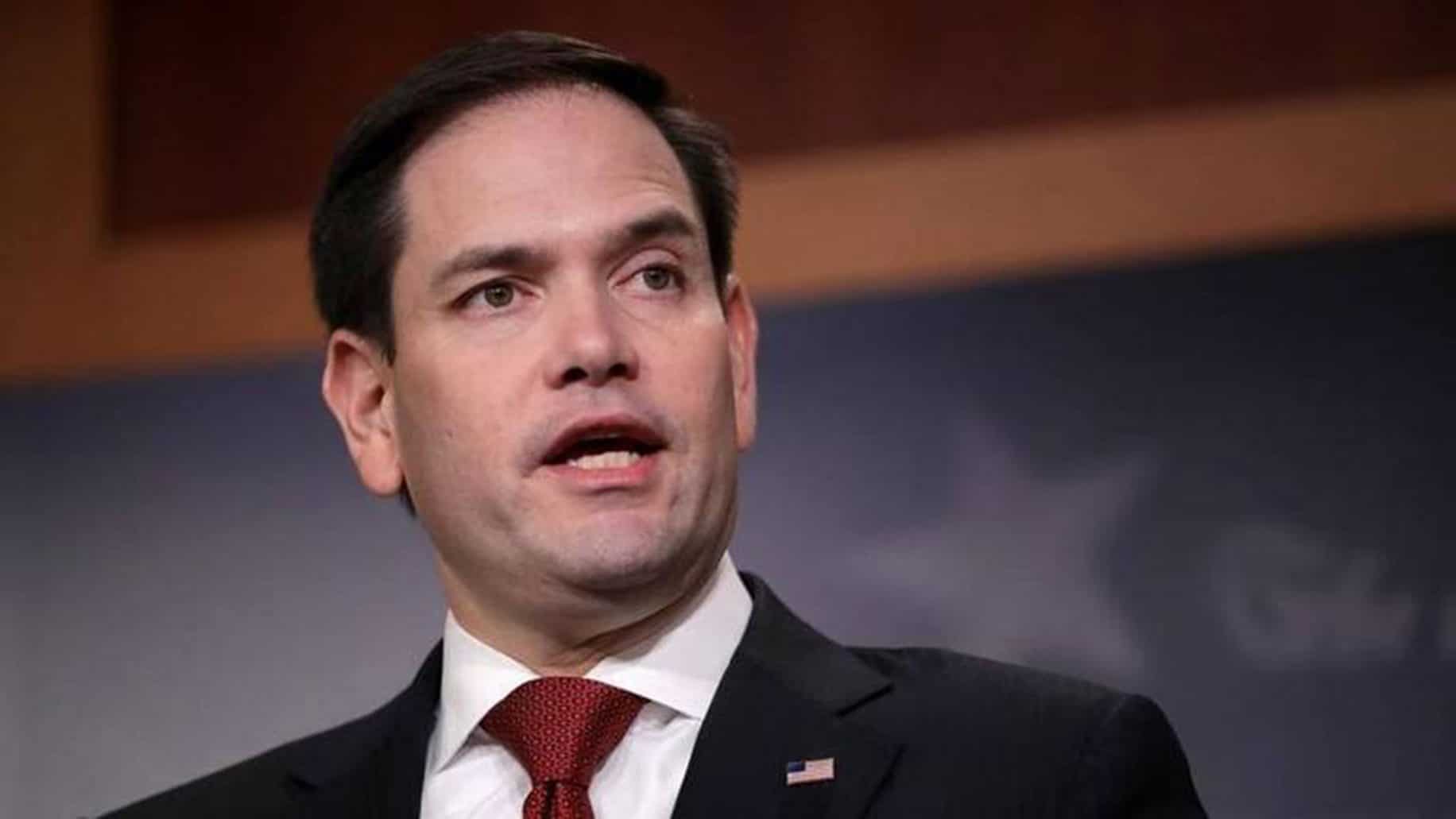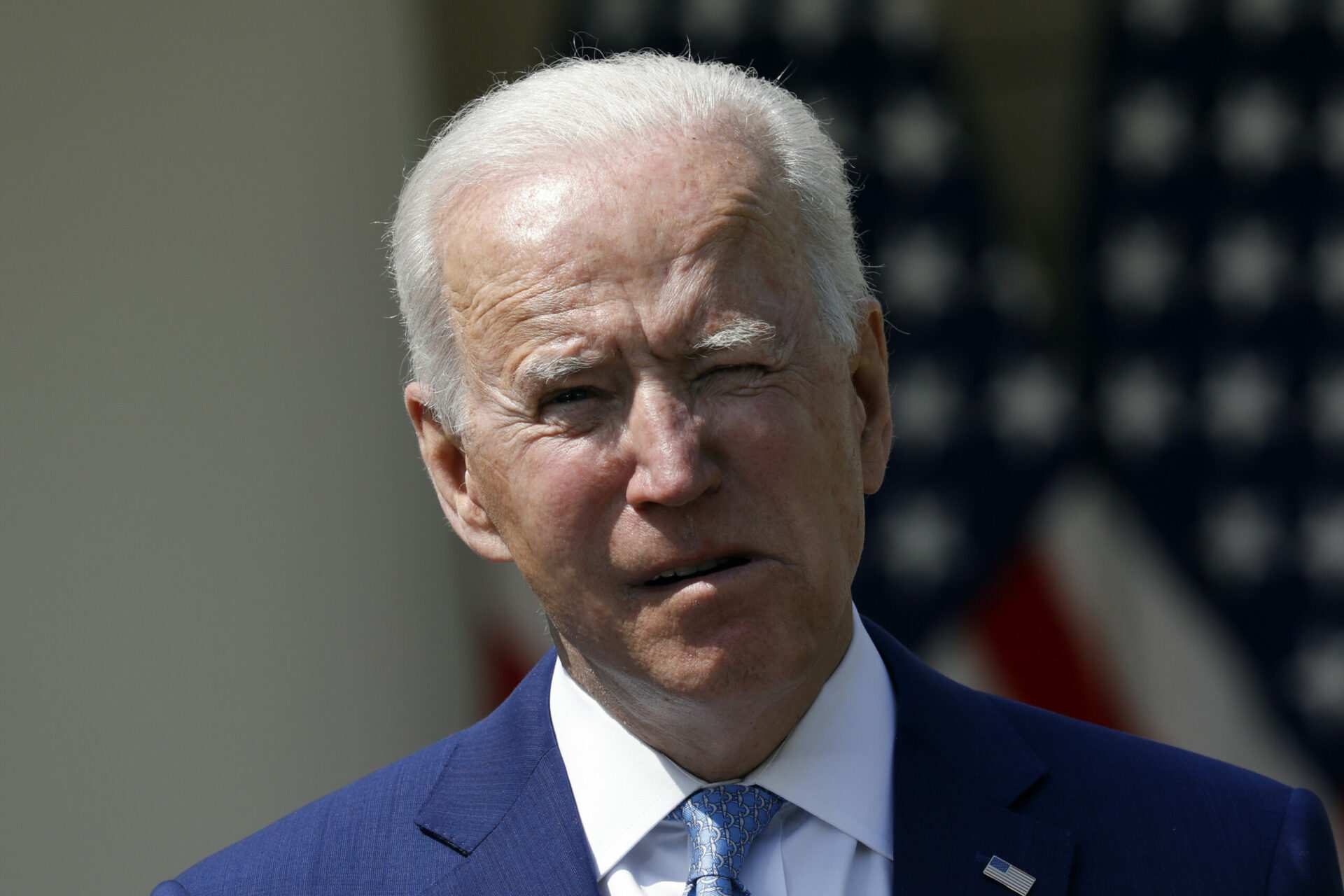Two Democrats who serve on panels that oversee the Pentagon have stepped up their campaign to curb what they call widespread “price gouging” in contracts for military spare parts.
Democratic Sen. Elizabeth Warren of Massachusetts and Rep. John Garamendi of California, both of them members of their chamber’s Armed Services Committee, pressed their case Wednesday in a pair of letters obtained by CQ Roll Call.
Warren and Garamendi expressed outrage that defense contractors are exploiting loopholes so the companies can regularly refuse to provide the Defense Department legally required data to document that their parts’ prices are fair and reasonable on contracts awarded without competition.
One of the missives went to Defense Secretary Lloyd J. Austin III and the other to Kevin M. Stein, president and CEO of Cleveland-based TransDigm Group Inc., a company that has been at the center of the spare parts pricing controversy for more than a decade.
“Contractors who consistently refuse to turn over cost and pricing data continue to rake in DoD contracts,” Warren and Garamendi wrote to Austin.
In the lawmakers’ letter to Stein, they wrote that his company’s “ongoing refusal to provide DoD with pricing data is unacceptable given the company’s record of ripping off the government and taxpayer.”
‘Egregious’ records
The lawmakers cited not just TransDigm but also Boeing Co., one of the Pentagon’s top contractors, as having “particularly egregious” records on this score.
Those two companies have publicly denied wrongdoing in these matters.
TransDigm, for its part, refused to provide the Pentagon with cost data on 401 different items in a one-year period ending September 2022, according to a previously undisclosed Defense Department report to Congress on contractor cost disclosures.
Defense Department Undersecretary for Acquisition and Sustainment William LaPlante wrote in the report that the problem may be bigger than is known.
“The Department believes the problem in obtaining data from contractors to support fair and reasonable prices may be more prevalent than what has been collected to date, particularly with respect to sole source commercial products,” LaPlante wrote in the report, which was obtained by CQ Roll Call.
The Pentagon inspector general’s office disclosed in December 2021 that TransDigm owed the department nearly $21 million for overcharges on spare parts — the latest in a series of adverse audit findings about the company’s pricing practices.
The lawmakers noted in their Wednesday letter to Stein that there has been “no public update of the status” of the $21 million refund. They asked Stein to provide one.
In 2019, TransDigm repaid the government $16 million for a similar set of overcharges.
As for Boeing, the prior year’s Defense Department report on the issue found that Boeing had declined to provide cost data on nearly 11,000 parts on one contract.
‘Unacceptable exploitation’
Back in May of this year, Warren and Garamendi wrote to the Pentagon, TransDigm and Boeing seeking more information about military parts prices and how much information companies are withholding from the government.
Wednesday’s letters follow up on the May missives and indicate that the two lawmakers did not consider the responses to their earlier letter to be adequate.
“The latest report of contractors’ refusal to provide pricing data, along with the responses from Boeing, TransDigm, and DoD, highlight the need for DoD and congressional action,” the two lawmakers wrote in this week’s letter to Austin. “As stewards of taxpayers’ money, we look forward to your feedback and cooperation on how we can prevent unacceptable exploitation of the current contracting system.”
The new Warren-Garamendi letters posed a series of detailed questions to Austin and Stein with a view to gathering more information about the situation and to shape potential congressional responses.
9,400 percent profit
The Pentagon’s history of paying inflated prices for military spare parts is infamous. Stories about the issue surged during the 1980s defense buildup, including examples such as a $400 plastic knob for a fighter jet and a $37 screw for a ballistic missile, not to mention an ordinary hammer for $435.
Recent disclosures echo those bygone reports. In 2019, the Pentagon inspector general disclosed one instance where TransDigm charged $4,361 for a half-inch metal pin — representing nearly 9,400 percent in excess profit.
Other defense contractors besides TransDigm have been found to have overcharged for spare parts. These include top Pentagon contractors — Boeing, Raytheon Technologies Corp. (now RTX Corp.) and Lockheed Martin Corp.
Warren has ridden herd on the spare parts problem for many years.
She and Garamendi have been joined by other members from both parties in both chambers — including California Democratic Reps. Ro Khanna of the Armed Services Committee and Barbara Lee of the Appropriations Committee — in attempting to hold the Pentagon to account for oversight of spare parts prices.
The House-passed fiscal 2024 Defense appropriations bill contains an amendment by Lee that would require a Pentagon report to the Appropriations committees in both chambers on the department’s efforts to crack down on contractors that have charged excessive prices for parts.
In May, Warren joined with four other senators in writing Austin about that problem and the broader scourge of procurement fraud.
The other senators on that letter were Bernie Sanders, I-Vt., Ron Wyden, D-Ore., Charles E. Grassley, R-Iowa and Mike Braun, R-Ind.
Loopholes
At the same time, Warren has joined with Braun and Garamendi on legislation that would close some of the perceived loopholes.
These include one that enables contractors to withhold cost data from the Pentagon in cases where a part is like a commercial one — even if the part is only being sold to the U.S. military, experts have said.
Companies are also able to avoid disclosure of cost data for deals worth less than $2 million. That threshold was raised in the fiscal 2018 NDAA from $750,000 in an effort to streamline contracting and acquisitions.
In this week’s letter to Austin, Warren and Garamendi expressed concern that the department is not moving aggressively enough to tackle the problem.
“It remains unclear if any acquisitions have been canceled or if DoD is otherwise using its full authority to ensure the government isn’t being ripped off,” they wrote.
___
© 2023 CQ-Roll Call, Inc
Distributed by Tribune Content Agency, LLC.









